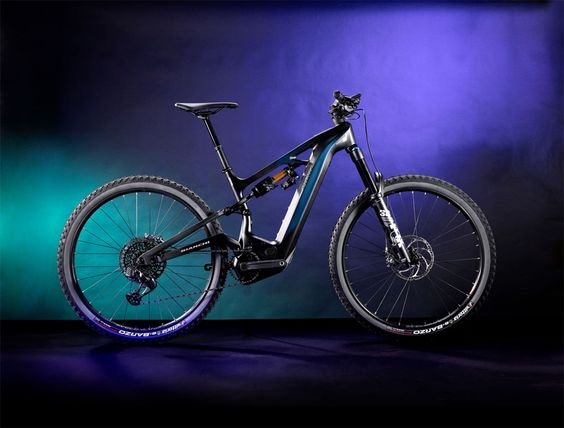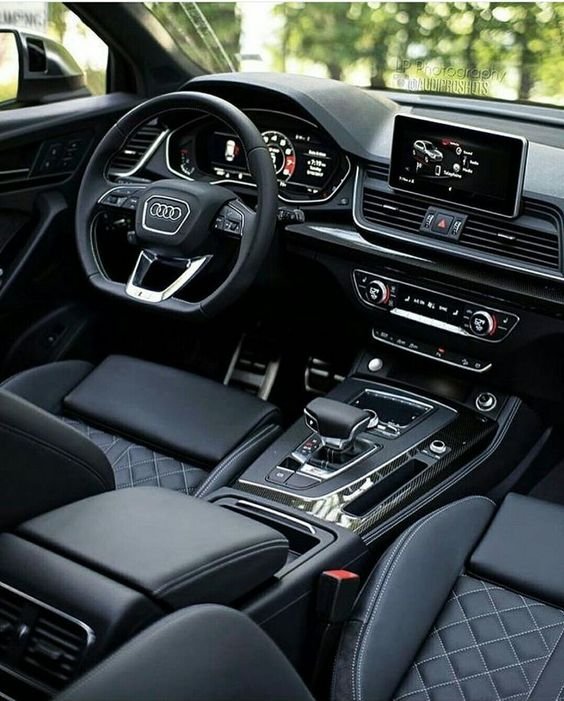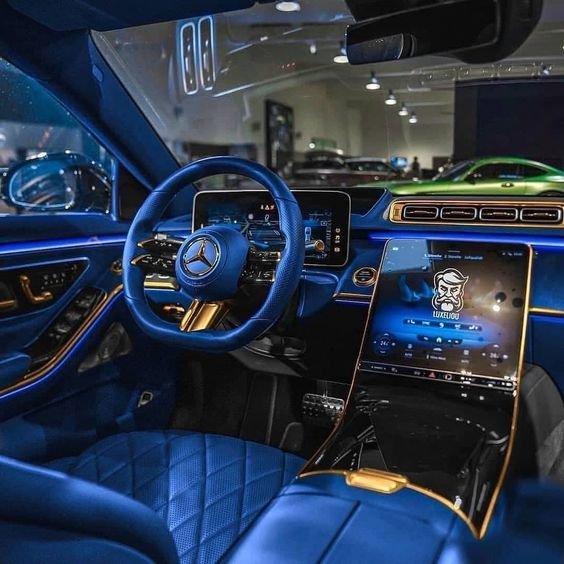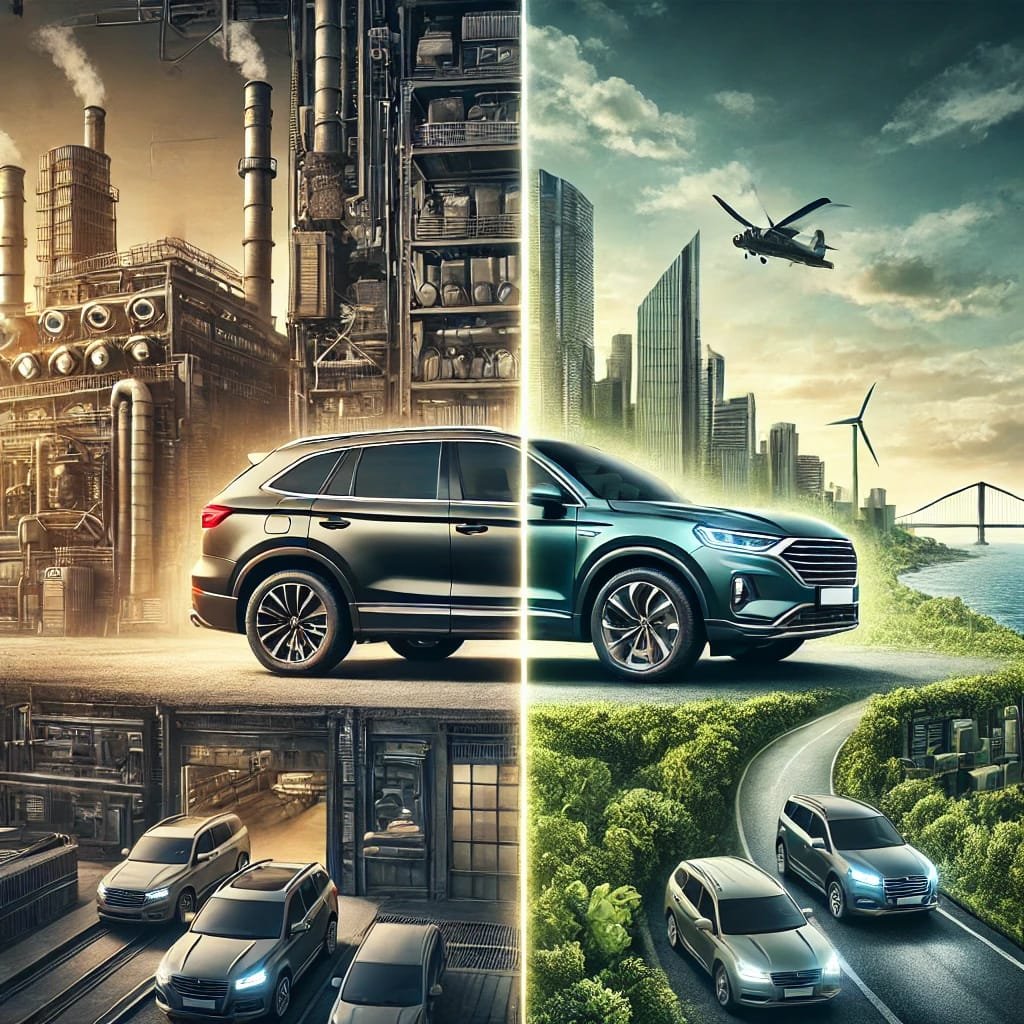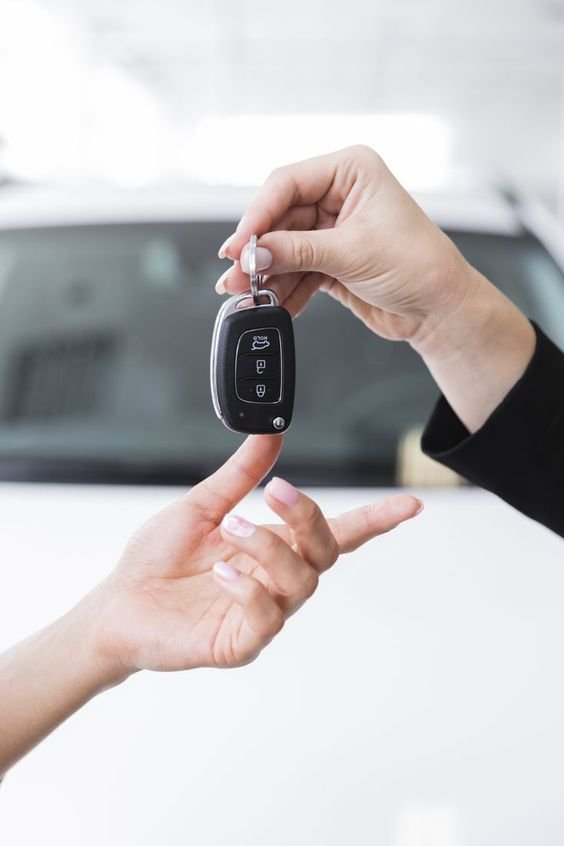
When it comes to purchasing a car, one of the first decisions you’ll need to make is whether to buy a new or used vehicle. Each option has its own set of advantages and disadvantages, and the right choice for you will depend on various factors such as your budget, lifestyle, and personal preferences. This article provides a detailed comparison of the pros and cons of buying new versus used cars to help you make an informed decision.
Buying a New Car
Pros of Buying a New Car
Latest Technology and Features
- Advanced Safety Features: New cars often come equipped with the latest safety technologies, such as advanced driver-assistance systems (ADAS), adaptive cruise control, lane-keeping assist, and automatic emergency braking.
- Modern Infotainment Systems: The newest models feature cutting-edge infotainment systems with touchscreens, smartphone integration, navigation, and voice control.
- Fuel Efficiency and Eco-Friendliness: New cars typically incorporate the latest advancements in engine technology and fuel efficiency, and many offer hybrid or electric options.
Reliability and Warranty
- Fewer Repairs: New cars are less likely to require repairs in the first few years of ownership, saving you from unexpected maintenance costs.
- Manufacturer’s Warranty: New vehicles come with a manufacturer’s warranty, which usually covers major repairs and parts replacements for a certain period or mileage, providing peace of mind.
Customization Options
- Build to Order: When buying a new car, you have the option to customize it to your specifications, including color, trim, and optional features.
- Latest Models: You get the newest model with the most up-to-date design and technology, ensuring your vehicle is current and stylish.
Financing and Incentives - Low Interest Rates: New car loans often come with lower interest rates compared to used car loans.
- Manufacturer Incentives: Manufacturers frequently offer incentives such as cashback offers, rebates, and special financing deals to attract buyers.
Cons of Buying a New Car
Higher Initial Cost
- Purchase Price: New cars are generally more expensive than used cars, which can be a significant financial burden for some buyers.
- Taxes and Fees: Buying a new car often involves higher sales taxes and registration fees.
Depreciation - Rapid Depreciation: New cars depreciate quickly, losing a significant portion of their value within the first few years. On average, a new car loses about 20-30% of its value in the first year alone.
- Resale Value: The rapid depreciation can impact the resale value if you decide to sell the car within a few years.
Insurance Costs
Higher Premiums: New cars generally have higher insurance premiums compared to used cars due to their higher replacement cost.
Limited Selection
Model Year Constraints: Your choice is limited to the current or upcoming model years, which may not include a model you prefer or can afford.
Buying a Used Car
Pros of Buying a Used Car
Lower Purchase Price
- Affordability: Used cars are significantly cheaper than new cars, allowing you to get more value for your money.
- Lower Taxes and Fees: The taxes and registration fees for used cars are typically lower than those for new cars.
Slower Depreciation
- Less Depreciation: Used cars have already undergone their most significant depreciation hit, so their value stabilizes more quickly.
- Better Resale Value: Because of the slower depreciation rate, you can retain more of the car’s value if you decide to sell it later.
Lower Insurance Costs
Reduced Premiums: Insurance premiums for used cars are generally lower than for new cars, which can result in substantial savings over time.
More Selection
Variety of Models and Years: The used car market offers a broader range of models, years, and price points, providing more options to find a vehicle that fits your needs and budget.
Cons of Buying a Used Car
Potential Reliability Issues
Higher Maintenance Costs: Used cars are more likely to require repairs and maintenance, especially as they age and accumulate mileage.
Unknown History: Unless you buy from a certified pre-owned program or have a detailed vehicle history report, there is a risk of hidden problems or previous accidents.
Limited Warranty
Shorter or No Warranty: Many used cars come with limited warranties or no warranty at all, meaning you might have to cover repair costs out of pocket.
Outdated Technology and Features
Older Models: Used cars may lack the latest safety, entertainment, and performance features found in newer models.
Compatibility Issues: Older cars might not be compatible with newer tech devices and software updates.
Higher Financing Costs
Higher Interest Rates: Used car loans often come with higher interest rates compared to new car loans.
Limited Financing Options: Some lenders might have stricter requirements or offer less favorable terms for used car financing.
Making the Decision: New vs. Used
Assessing Your Budget
When deciding between a new or used car, your budget is a critical factor. Consider the total cost of ownership, which includes the purchase price, taxes, insurance, maintenance, and financing costs. A used car might have a lower upfront cost, but higher maintenance expenses, while a new car will have a higher initial cost but potentially lower repair costs and better financing terms.
Evaluating Your Needs and Preferences
- Technology and Features: If having the latest technology and features is important to you, a new car might be the better choice.
- Reliability and Warranty: If you prioritize reliability and want the security of a warranty, a new car or a certified pre-owned vehicle with an extended warranty might be the best option.
- Depreciation: If you plan to keep the car for a long time, depreciation might be less of a concern, making a new car a viable option. However, if you plan to sell the car in a few years, a used car might be more financially sensible due to its slower depreciation rate.
Research and Comparison
- Vehicle History Reports: For used cars, obtain a vehicle history report to check for previous accidents, title issues, and maintenance records.
- Certified Pre-Owned Programs: Consider certified pre-owned (CPO) vehicles, which offer a compromise between new and used cars. CPO cars are typically low-mileage, late-model vehicles that have undergone thorough inspections and come with extended warranties.
- Test Drives: Test drive multiple vehicles to compare how they feel and perform. Pay attention to comfort, handling, and any potential issues.
- Reviews and Ratings: Read reviews and ratings from reputable sources to learn about the experiences of other buyers and experts with specific models.
Negotiating the Best Deal
- Research Market Prices: Use online tools and resources to research the fair market value of the car you’re interested in. This knowledge will give you leverage during negotiations.
- Consider Multiple Dealerships: Visit multiple dealerships to compare prices and offers. Don’t be afraid to walk away if you don’t get a fair deal.
- Timing: Timing your purchase can also impact the deal you get. End-of-year sales, holiday promotions, and the introduction of new models can lead to better deals on both new and used cars.
Additional Considerations
- Environmental Impact: If reducing your carbon footprint is important to you, consider the environmental impact of your purchase. New cars often have better fuel efficiency and lower emissions, but the production process has its environmental costs. Used cars extend the life of existing vehicles, reducing the demand for new car production.
- Tax Incentives: Look into any available tax incentives for purchasing new or used vehicles, particularly for electric and hybrid models.
- Lifestyle Changes: Consider how your lifestyle might change over the next few years. If you anticipate significant changes, such as starting a family or a long commute, your vehicle needs might also change.
Deciding between buying a new or used car involves weighing the pros and cons of each option against your personal circumstances and preferences. New cars offer the latest technology, greater reliability, and warranties but come with higher costs and rapid depreciation. Used cars provide better value, slower depreciation, and lower insurance costs but may require more maintenance and come with limited warranties.
By thoroughly assessing your budget, needs, and preferences, conducting comprehensive research, and negotiating wisely, you can make an informed decision that best suits your financial situation and lifestyle. Whether you choose a new or used car, the key is to ensure that your purchase aligns with your long-term goals and provides you with a reliable and enjoyable driving experience.
ALSO READ: Secrets in a Car That Only an Automobile Engineer Knows


